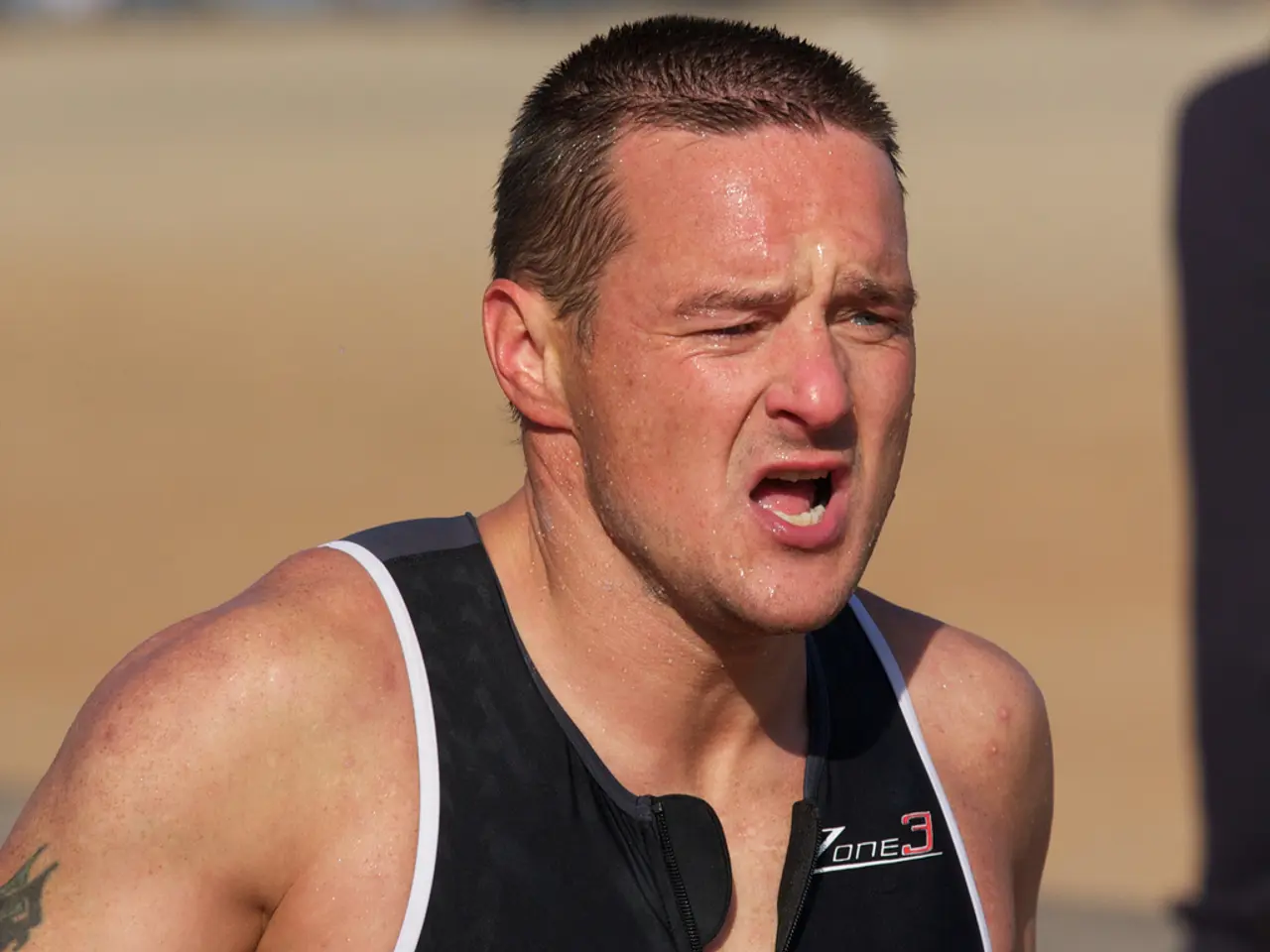Prescription Drugs Could Increase Your Risk of Heat Exhaustion or Stroke
In the warm summer months, it's crucial for older adults to take extra precautions to stay safe and healthy. Here are some tips to help you beat the heat.
Firstly, it's essential to stay hydrated. Drink fluids regularly to prevent dehydration. A good indicator of adequate hydration is urine that appears as a light, clear amber/yellow colour.
However, certain medications can impact your body's ability to regulate temperature and sweat, increasing the risk of heat-related issues. Medicines like oxybutynin and tolterodine, prescribed for an overactive bladder, can impair your ability to sweat. Diuretics like furosemide and combination diuretic/beta blockers can also increase the risk of dehydration.
Moreover, older adults may have difficulty recognising thirst, and dehydration is more likely due to aging and certain medications. This, combined with the fact that older adults don't sweat as much as they used to, making it harder for their bodies to cool down, can lead to difficulty controlling core temperature.
Orthostatic hypotension, a reduction in blood flow to the brain caused by moving from lying down to standing or sitting, can also lead to dizziness and increased risk of a fall. This is particularly concerning because for many older adults, a fall can lead to a fracture and become a serious event.
The most problematic medications for older adults during summer heat include antidepressants and other psychotropic drugs, pain relief patches like fentanyl, blood pressure medications (ACE inhibitors, beta-blockers, calcium antagonists, sartans), diuretics, epilepsy medications, anticoagulants (such as vitamin K antagonists and NOAKs), lithium, and Parkinson's drugs. These can affect circulation or water balance, increasing risks of dehydration, heat intolerance, or circulatory problems in heat.
To help prevent overheating, take breaks and sit down in shaded and air-conditioned areas. Wearing a hat can also help keep cool if spending time in the sun.
Remember, the risk for heat stroke increases for older adults, especially during warm weather. Watch out for symptoms of lightheadedness with change of position, headache, confusion, and reduced sweating. They may be signs of heat stroke and require immediate medical attention.
So, enjoy the outdoors but be aware of the signs of heat stroke and how to prevent it. Staying safe in the summer heat is all about staying hydrated, taking regular breaks, and being mindful of your medications.








